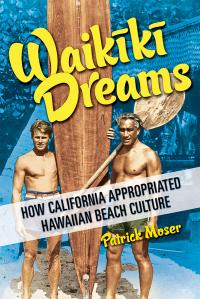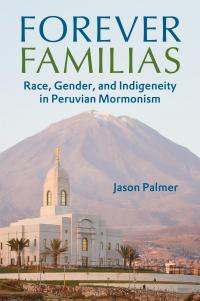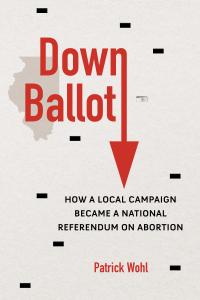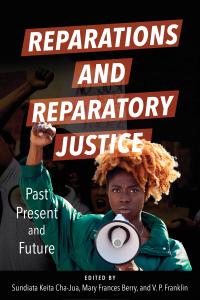
Not Without Our Consent
Lakota Resistance to Termination, 1950-59
Foreword by Vine Deloria, Jr.
Native Americans' continuing struggle for self-determination against American hegemony
Cloth – $39
978-0-252-02944-8
eBook – $19.95
978-0-252-09270-1
Publication Date
Cloth: 08/26/2006
About the Book
In a 1953 effort to end the authority of local Native American governments, Congress passed Public Law 83-280. Allowing states to apply their criminal and civil laws to Native American country, the law provided an unparalleled opportunity for the state of South Dakota to crush burgeoning Lakota nationalism.Edward Valandra's Not Without Our Consent documents the tenacious and formidable Lakota resistance to attempts at applying this law. In unprecedented depth, it follows their struggle through the 1950s when, against all odds, their resistance succeeded in the amendment of PL 83-280 to include Native consent as a prerequisite to state jurisdiction. The various House and Senate bills discussed in the manuscript are reproduced in five appendices.
About the Author
Edward Valandra is a Sicangu Lakota (enrolled) from the Rosebud Sioux Reservation. He has served on several Native American councils and committees, including the Rosebud Sioux Tribal Council. Vine Deloria Jr. is the author of Custer Died for your Sins: An Indian Manifesto and other works.Reviews
"With publication of Not Without Our Consent: Lakota Resistance to Termination, 1950-1959,. . . Edward Charles Valandra brilliantly fills this critical gap in the literature. . . . Valandra tells a compelling story of legal maneuvering that centers on capable, savvy actors who skillfully used the colonizer's political tools to fight back against terminationists in South Dakota. . . . Not Without Our Consent is necessary reading for graduate students in U.S. history, political science, and law. It also should be assigned to undergraduates studying the unfolding of and resistance to U.S. Indian policy--especially in American Indian and Indigenous studies programs."--American Indian Quarterly"By dispelling the corrosive fallacies of the past, Not Without Our Consent goes far in laying the groundwork to establishing more mutually respectful relationship in the future."--Great Plains Quarterly
"Not Without Our Consent is great historical sociology and an important contribution to the historical-legal scholarship in the field of American Indian history. The real value of Valandra's work of recovering and digesting data from the past is its ability to inform the present and future actions of policymakers of all three sovereigns, let they repeat the same costly and painful mistakes of the past."--Law and History Review
Blurbs
"Valandra's scholarship is solid as a rock. He has done a superb job of research and articulation, and the conclusions follow with unerring logic."--Ward Churchill, author of Perversions of Justice: Indigenous Peoples and Anglo-american Law




